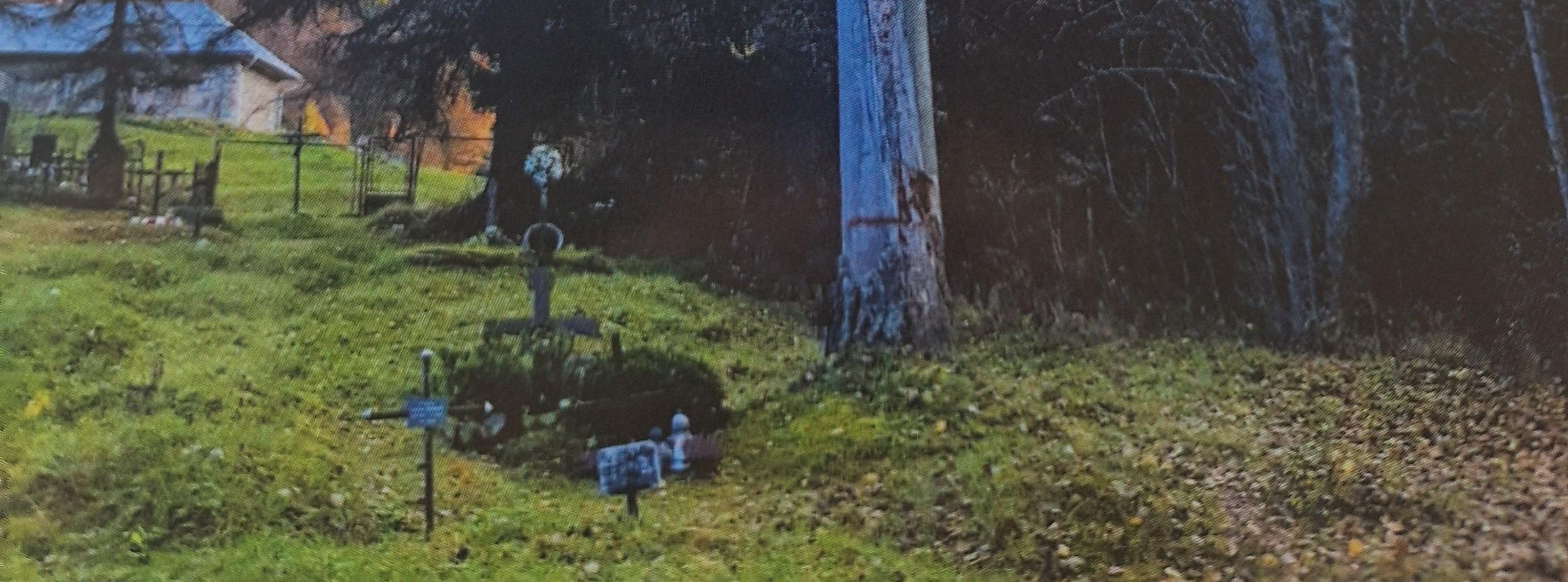The newly redesigned journal FOLKLORE has been published, this issue focusing on “Agency of the Dead.”
28.08.2025
The newly redesigned journal Folklore has been published, this issue focusing on “Agency of the Dead.”
The guest editor of Folklore: EJF issue 96, titled "Agency of the Dead", is Mirjam Mencej.
The issue comprises nine articles in which renowned scholars of death culture present the results of their research. As Mencej explains in her introduction, the special issue is “the outcome of an international interdisciplinary conference organized by the ERC project The Roles of the Agency of the Dead in the Lives of Individuals in Contemporary Society (DEAGENCY, no. 101095729; 2023–2028).” The aim of the project is to gain a comprehensive understanding of the role of the dead in the lives of individuals in contemporary Western societies, with a particular focus on post-socialist countries.
The articles explore the dead as active agents who influence the living through memories, rituals, dreams, and spiritual experiences. Central themes include the intentionality of the dead, their moral authority, and spatial presence. The issue examines vernacular beliefs and practices related to communication between the living and the dead, including dreams, rituals, shamanistic practices, Catholic teachings (e.g., purgatory), and spiritual interpretations. The studies are grounded in local religiosity and vernacular Christianity, Islam, and spiritual movements. Special attention is given to post-socialist societies such as Hungary, Romania, Italy, Malaysia, Slovakia, and Bosnia.
• Kaarina Koski draws on archived personal narratives to examine the intentionality of communication between the living and the dead, as well as the power dynamics involved, in everyday life in 21st-century Finland.
• Éva Pócs provides an overview of the forms of interaction between the living and the dead among the Hungarian minority in Romania, within the framework of vernacular Christianity.
• Vito Carrassi discusses two rituals practiced in southern Italy that are directed toward souls in purgatory, demonstrating how traditional customs can be revived and reinterpreted.
• Ágnes Hesz focuses on one Hungarian villager’s understanding of the dead to shed light on broader conceptions of the role of the dead in contemporary society.
• Ikhlas Abdul Hadi explores the experience of a Malay Muslim woman haunted by the spirit of a woman who died in childbirth, analyzing it in the context of Malay ritual practices and folk beliefs.
• Tatiana Bužeková and Tina Ivnik explore the connections between the living and the dead within new spiritual interpretive frameworks: Bužeková examines shamanistic circles in Slovakia, while Ivnik focuses on dream-based communication in Bosnia.
• Simona Kuntarič Zupanc investigates plants as “living bridges” between the living and the dead.
• Mirjam Mencej concludes the special issue with an article analyzing how the dead, portrayed as moral agents in Muslim oral narratives, become carriers of ethnonationalist agendas through media mediation.
In addition, the editorial team has included research articles that expand the thematic scope:
• Mehmet Fikret Arargüç and Özge Özgun propose a new genre classification for Turkish folktales, based on the storytelling traditions of Teyo Pehlivan and Cumhur Seval.
• Richita Sulagna Pradhan and Arpita Goswami examine the rich folkloric heritage of Odisha, focusing on spirituality in local ceremonies, festivals, and folktales.
• Adam Grydehǿj and Qi Pan discuss providers of ritual services in a destroyed village temple in southern China.
In the discussion section, Tatiana Korobova offers an overview of the work of renowned Udmurt folklorist Galina Glukhova on the occasion of her jubilee. Mahendra Kumar Mishra commemorates the distinguished folklore scholar Jawaharlal Handoo, highlighting his contributions and legacy. This is followed by an obituary for the eminent folklorist, ethnologist, and anthropologist Kristin Kuutma.
The issue concludes with a news article on the recent activities of SUKK (the Finno-Ugric Language Café) in Tartu over the past few years.
The peer-reviewed open-access scholarly journal Folklore has been published in print and online since 1996.
Folklore is supported by the Department of Folkloristics at the Estonian Literary Museum and the ELM Scholarly Press.
Note: The new design is by Matis Karu, and the web environment was developed by Ilona Kolossova.
The new issue of the journal is now available for browsing and reading >>>

